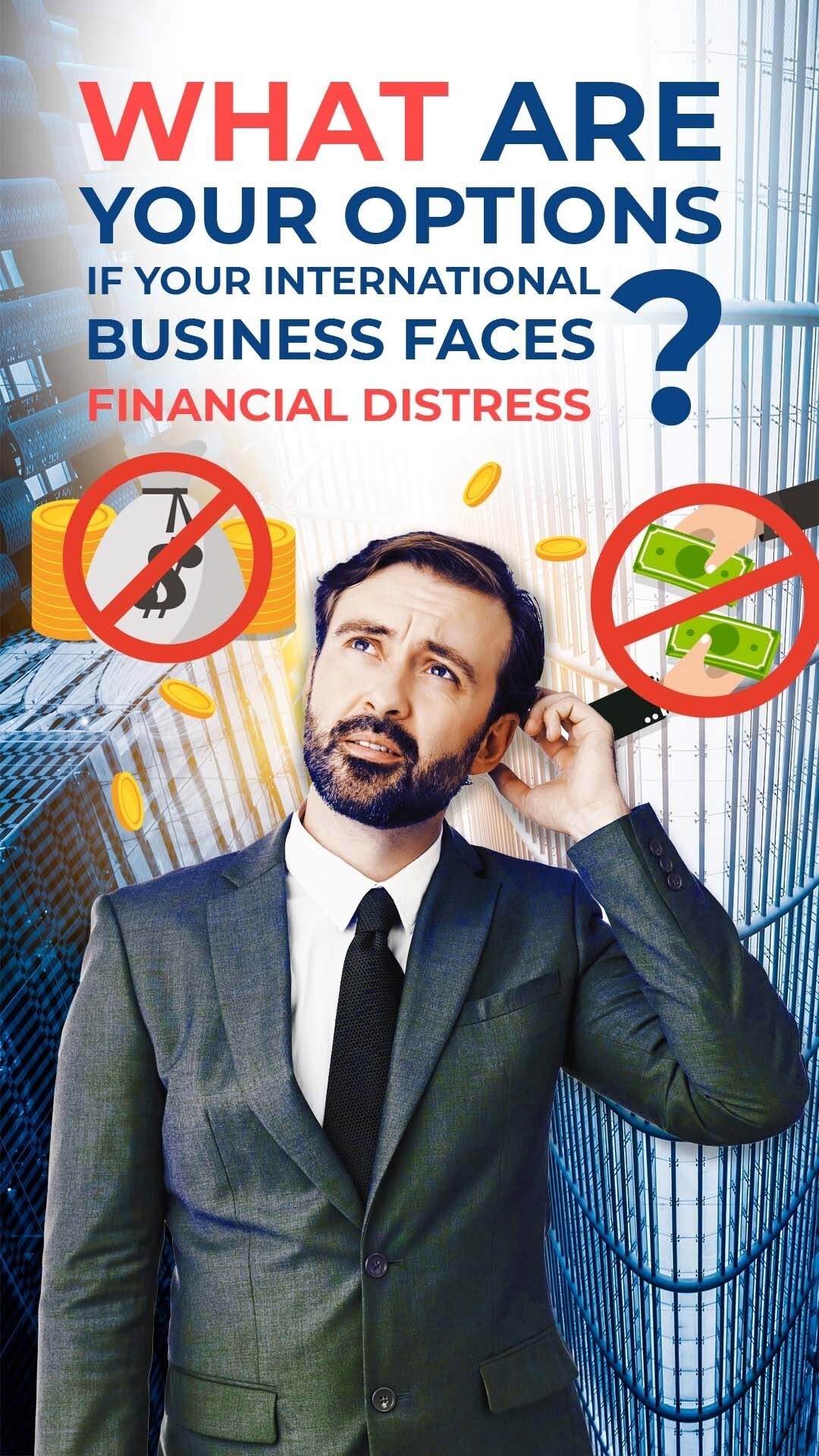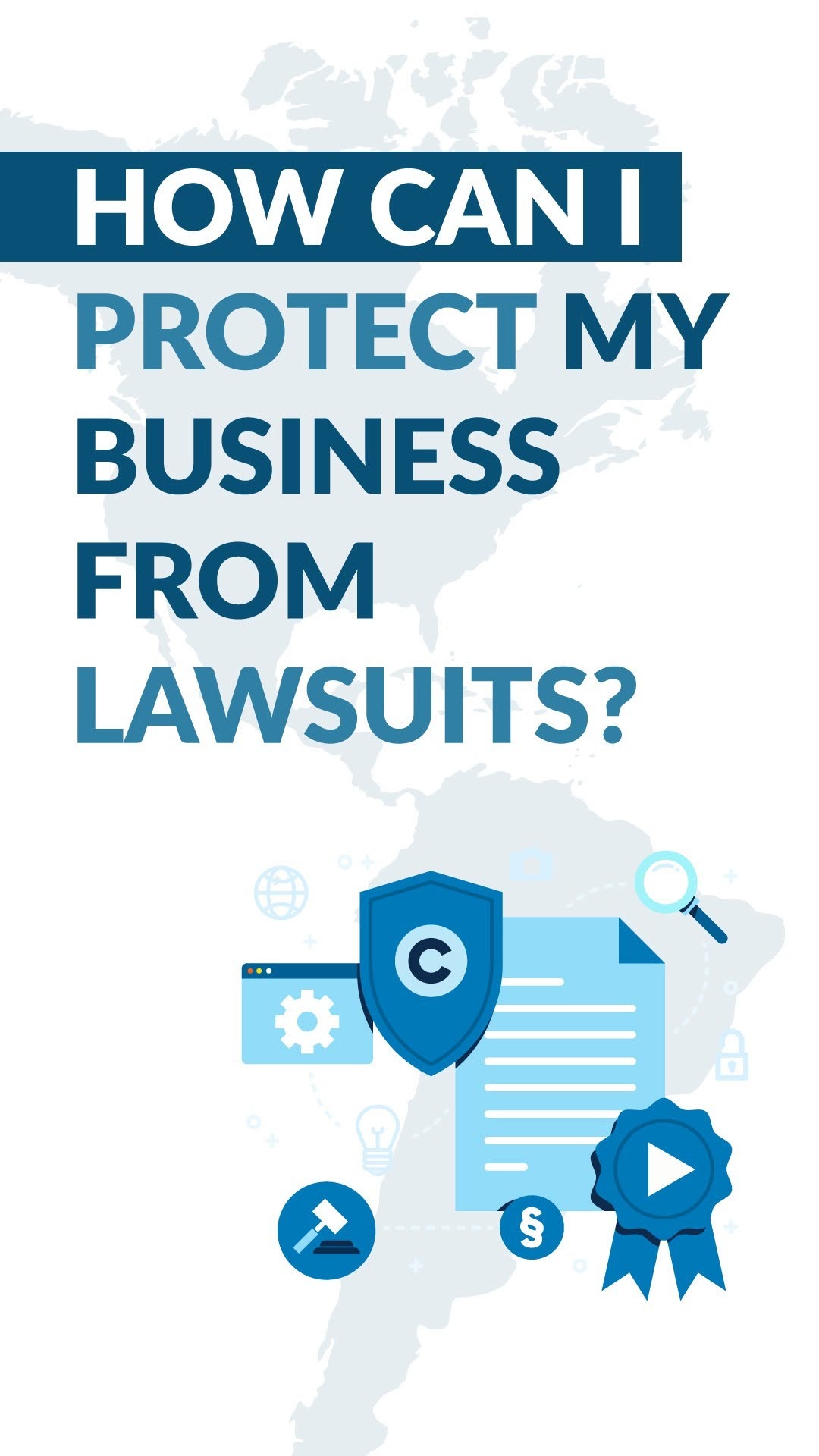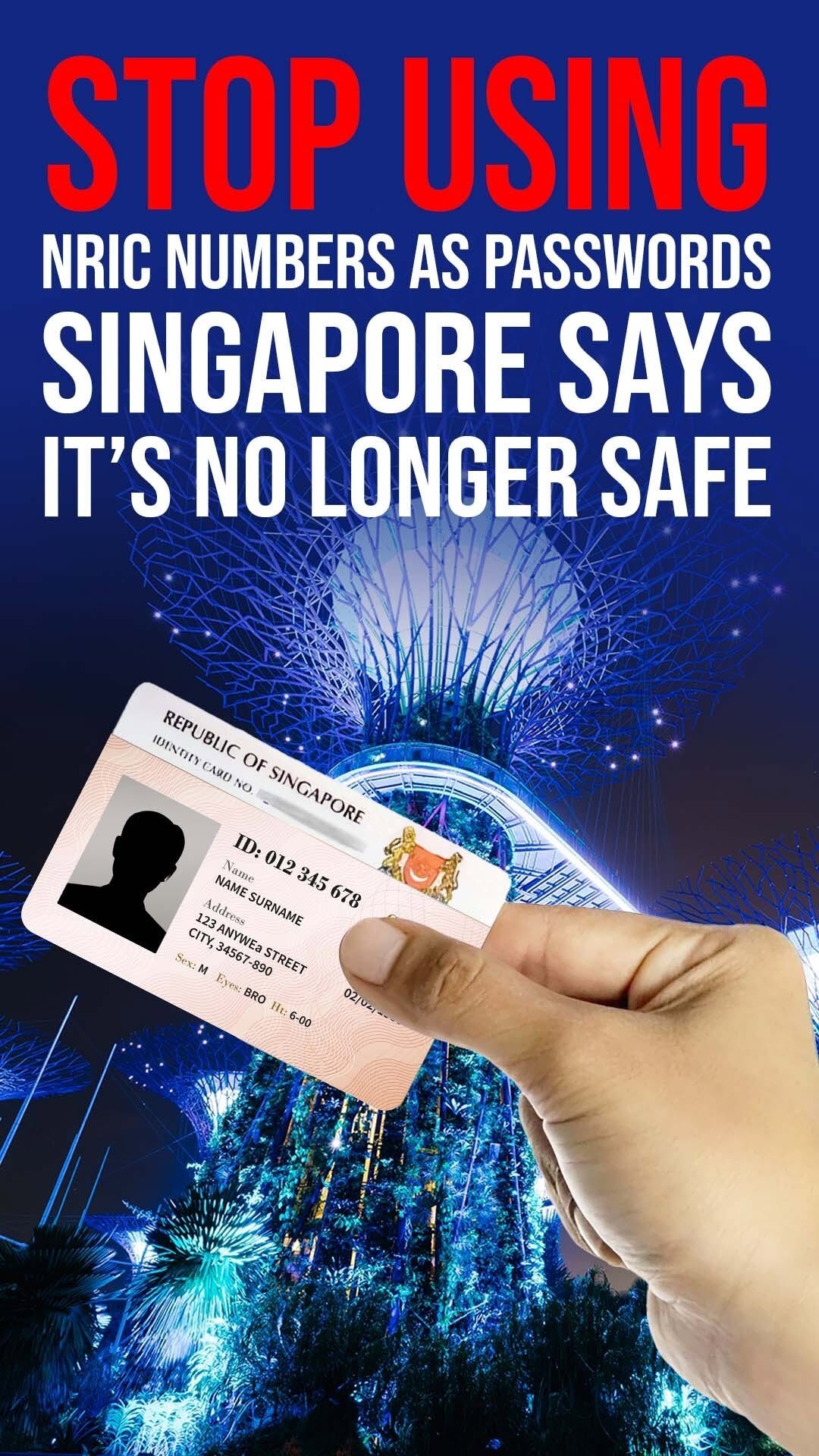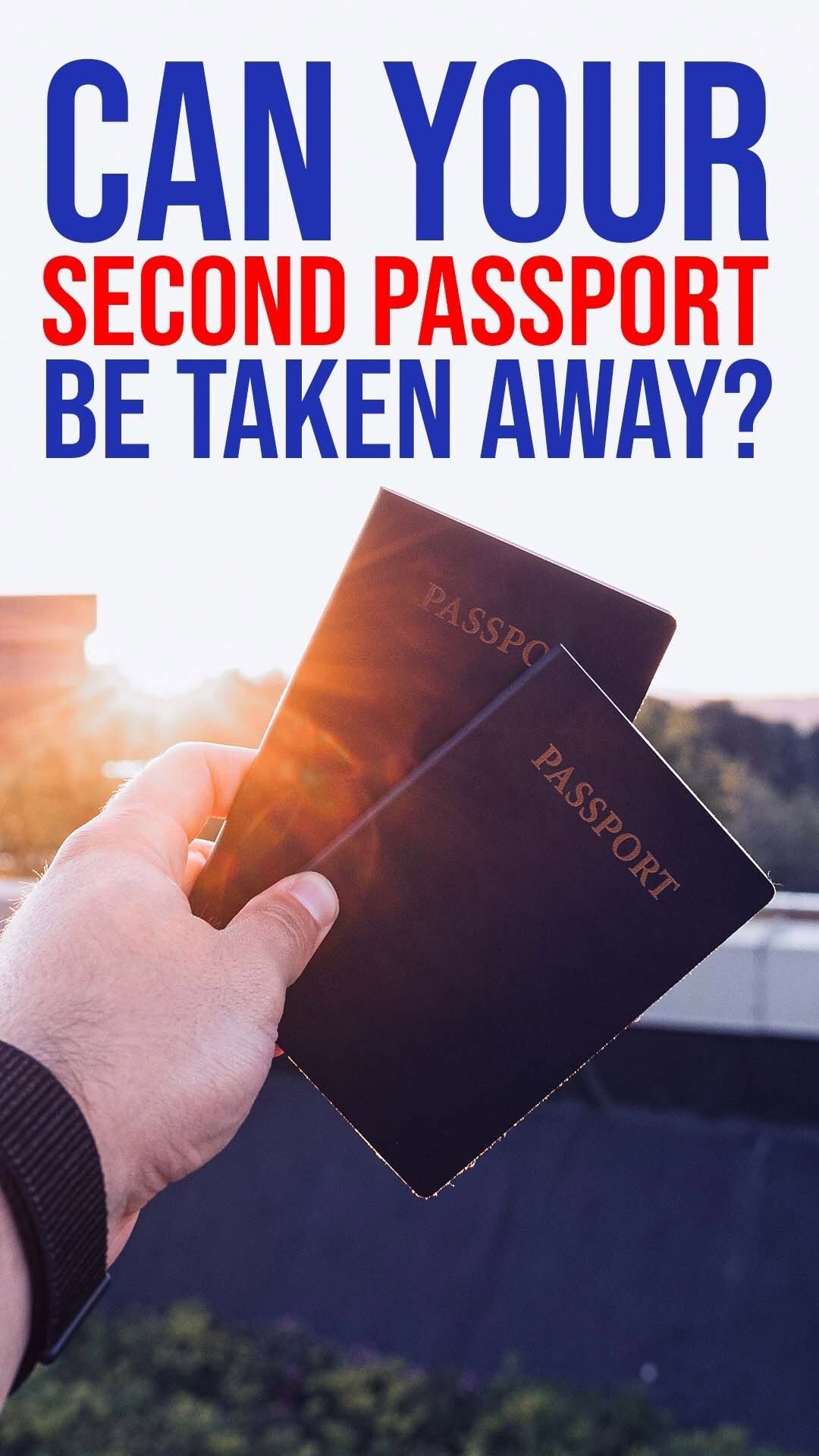

Since 2010, the Global Law Experts annual awards have been celebrating excellence, innovation and performance across the legal communities from around the world.
posted 2 years ago
The Supreme Court of Cassation by judgment No. 2885 filed on 23.1.2024 annulled with judicial review the conviction of de jure director, who had been found guilty of complicity with the de facto director in a money laundering crime.
The appellant had only the formal title of director of a car dealership company, while his uncle was the de facto director and shareholder.
He was found on board a company vehicle that had been stolen, on which the identifying marks were found replaced, i.e. the number plate had been affixed, the chassis number overwritten and the registration documents associated with another vehicle purchased after an accident and then resold by the company in the person of the de facto director.
The fact of experience according to which, usually, the damaged-accident vehicle, when scrap, serves as a tool to recycle stolen vehicles by car dealership companies that use its identifying marks to hinder the identification of the criminal origin of a stolen vehicle and the possession of the stolen vehicle, led to the charge of money laundering against both the directors of the company, who were then convicted in both levels of judgment.
The lower courts justified the conviction of the director based on the mere presumption that he could not have been unaware of the criminal origin of the vehicle as well as of the concealing transactions carried out in the name of the company.
The director appealed to the Court of Cassation against the conviction, complaining, among other things, of a defective statement of apparent reasons on the point of the presumption of guilt concerning the criminal origin of the vehicle and the concealing operations, and arguing that his knowledge of the unlawful act was not fully proved.
The Court of Cassation upheld the defence’s argument, stating that the formal director of a company does not automatically have to answer, by the mere fact of the office held, for offences committed by other persons who have acted within the scope of the company’s activity. The Supreme Court emphasised that his material and moral co-participation in the act, which may also have escaped his notice, must be verified.
Get the latest legal news and updates at Global Law Experts
Author


No results available
posted 7 hours ago
posted 8 hours ago
posted 11 hours ago
posted 1 day ago
No results available
Find the right Legal Expert for your business
Global Law Experts is dedicated to providing exceptional legal services to clients around the world. With a vast network of highly skilled and experienced lawyers, we are committed to delivering innovative and tailored solutions to meet the diverse needs of our clients in various jurisdictions.

When your international business faces financial distress, quick action is key! 🔑 Negotiating with creditors, restructuring debt, and understanding insolvency laws can help regain stability. Global Law Experts is here to guide you through your options.
🌍Explore the details on our website.
🔗Link in bio
#GlobalLawExperts #CommercialLaw #BusinessLaw #LegalAdvice #BusinessGrowth #LegalTips #BusinessStrategy #LegalCompliance #Law #LegalKnowledge #LegalAwareness #Law101 #LegalEducation #IntellectualProperty

Running a business is hard enough — lawsuits shouldn’t make it harder. 🚫 Protect your business with the right legal strategies and expert tools from Global Law Experts. Let’s secure your future together! 💼
🌍Explore the details on our website.
➡️www.globallawexperts.com
#GlobalLawExperts #CommercialLaw #BusinessLaw #LegalAdvice #BusinessGrowth #LegalTips #BusinessStrategy #LegalCompliance #Law #LegalKnowledge #LegalAwareness #Law101 #LegalEducation #IntellectualProperty #Infringed #Ecommerce #LegalBranding

Using NRIC numbers as passwords or identity proof? That era is done. Strengthen your security with multi-factor authentication and biometrics—because your clients' trust depends on it.
#SingaporeLaw #DataPrivacy #CyberSecurity #PDPA #NRIC #MFA #StrongAuthentication #LegalCompliance #ClientTrust

Swiss law protects secured lenders—with precision. From real estate to IP and bank accounts, every asset counts—just as long as it’s defined, documented, and delivered.
#SwissLaw #SecurityInterest #Collateral #InternationalLending #SwissFinance #LegalCompliance #GlobalBusiness #AssetSecurity

Gold trading in Saudi Arabia isn’t just a business—it’s a lab test, a permit, and a legal tightrope. Want to succeed? Start with compliance, hallmarking, and permits—or risk losing it all.
#GoldTrading #SaudiLaw #PreciousMetals #BusinessSetup #LegalCompliance #GlobalBusiness #SaudiArabia #TradeRigour

Second citizenship isn’t permanent—especially if you break the rules. Know the risks and how to safeguard your status: be transparent, stay lawful, and honour all citizenship requirements.
#SecondCitizenship #CitizenshipRisks #DualNationality #Compliance #GlobalMobility #LegalAdvice #ImmigrationLaw

Send welcome message